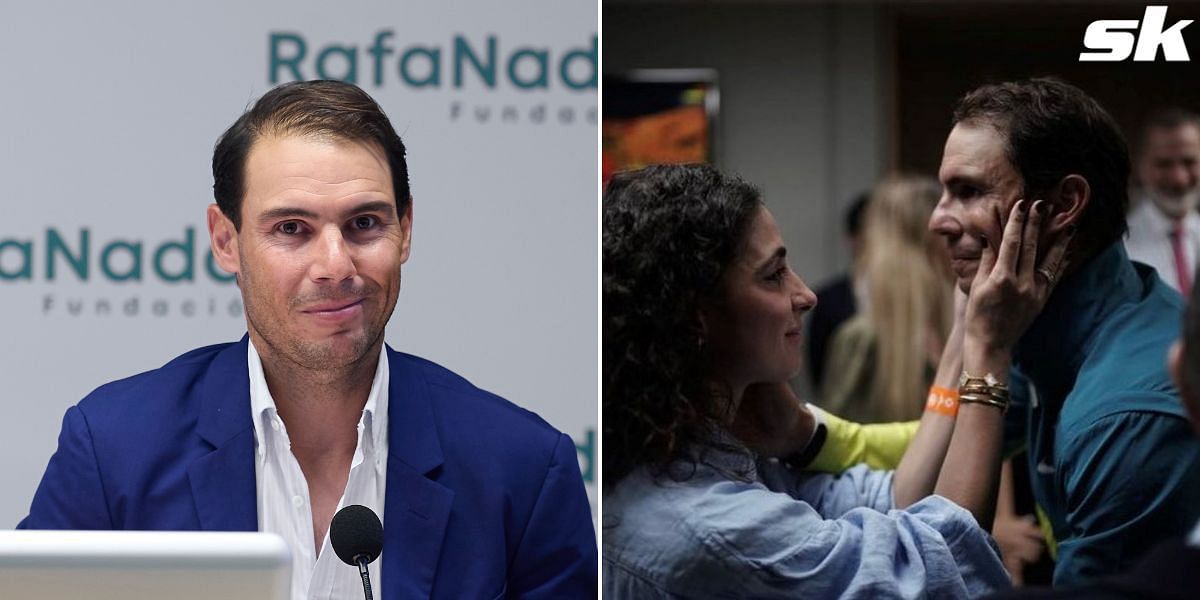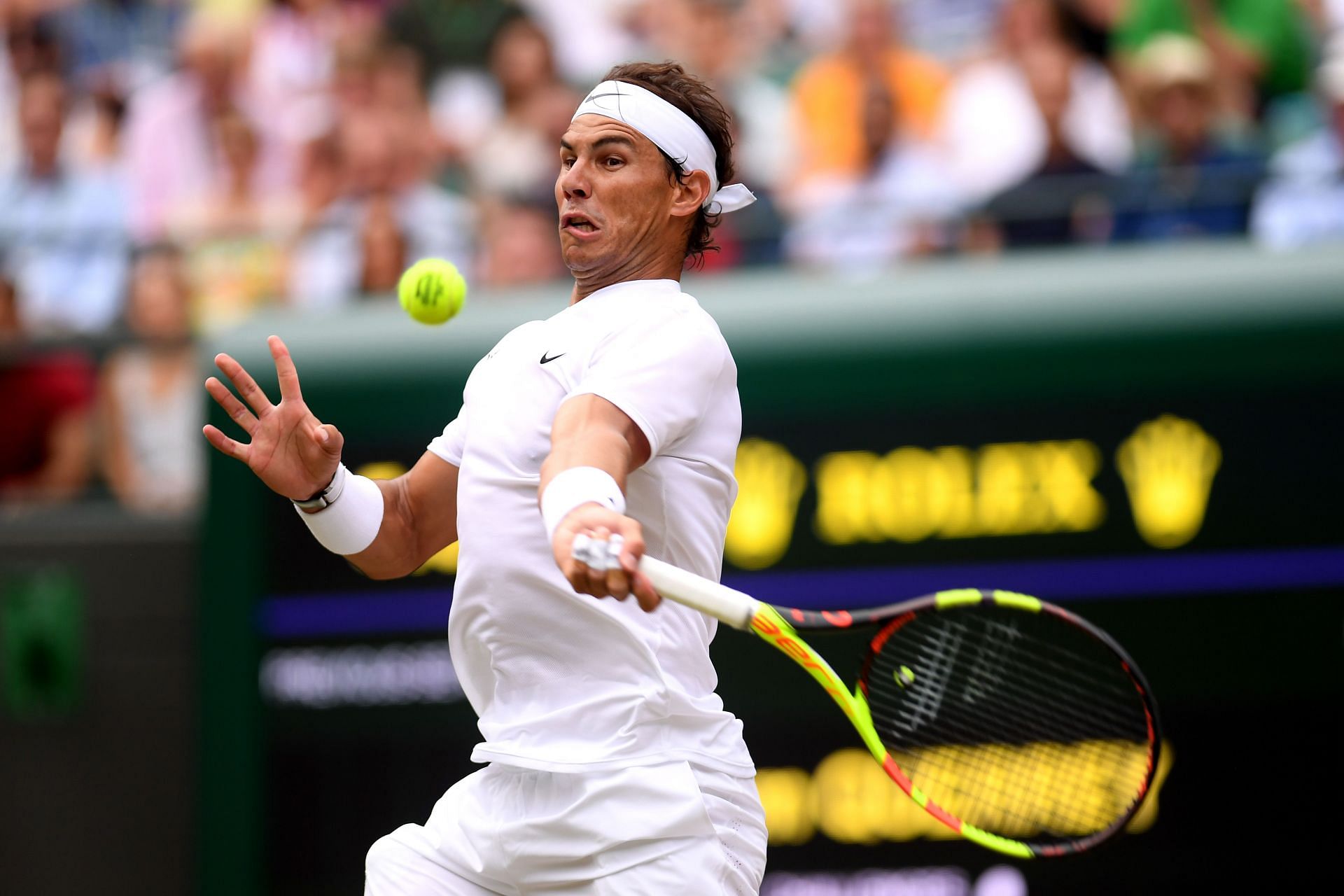
"My career would have been very different if I hadn't had my family" - French Open champion Rafael Nadal on importance of family in his career

Rafael Nadal won his 14th French Open title on Sunday, beating Norway's Casper Ruud in straight sets in the final. His Roland Garros triumph also saw him claim his 22nd Grand Slam title, extending his lead over Roger Federer and Novak Djokovic, who have 20 Majors each.
In an interview with French magazine Paris Match, Nadal spoke about how crucial his family has been throughout his career. The Spaniard admitted that he would not have had such a successful career had it not been for the support of his loved ones.
“One of the keys to success was to stay at home. I never had any doubts about that. My career would have been very different if I hadn't had my family. I am no longer a child! But it's as if we all live in the same village. Everyone talks to each other and everyone knows each other. I am very close to my father, my mother. It is obvious when you see us together," Nadal said.
Early in his life, the Spaniard had the option of moving to Barcelona but chose to stay in Mallorca, a decision that has definitely paid off.
"The Spanish Tennis Federation offered to move me to Barcelona. But my uncle – who was my coach – knew that in Mallorca, I was playing with a good group, surrounded by good players, and that everything was going well," Nadal said.
Nadal married long-term girlfriend Maria Francisca Perello, who also hails from Mallorca, in 2019. The 36-year-old credited her for helping him grow.
"We got married to have a big party. Basically, it hasn't changed much in our lives since we've been together for 17 years. But there had come a time in our lives when it felt like the right timing to do it. She helped me grow in this environment,” said Nadal.
Rafael Nadal undergoes Radiofrequency Ablation Treatment

Just two days after winning his 14th Roland Garros title, Rafael Nadal traveled to Barcelona to undergo treatment for his long-standing foot injury. He suffers from a degenerative condition in his foot, known as the Mueller-Weiss Syndrome, which has plagued him from the early stages of his career.
His doctor and his team have been trying to find a long-term solution, the first step of which was radiofrequency ablation treatment, a procedure in which a radio wave produces an electrical current to heat a specific area of the nerve tissue and reduce pain.
The Spaniard revealed in a post-match press conference after the final in Paris, that he was forced to use anesthetic injections and anti-inflammatories to numb the pain in his foot. He also stressed the need to find other ways to address the issue going forward.
His participation at Wimbledon later this month is uncertain and depends on how his foot responds to the new treatment.
